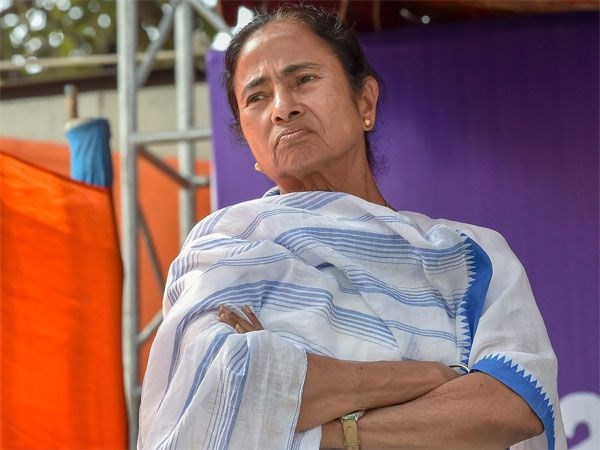
21-Apr-2025 , Updated on 4/21/2025 11:35:51 PM
Is Mamata Banerjee a threat to India? We must know.
Mamata Banerjee’s Divisive Politics
Mamata Banerjee’s political aggrandizement of politics is based on the hatred culture that also ignites regionalism at the detriment of nationalism. Due to her propensity to clash with the Centre, the inflammatory language as well as the victim card, the divide between East and North India widens. Instead of offering reasonable and viable opposition to Pinarayi Vijayan she descends to obstructionism—tossing a wet blanket over reform measures, instigating protests and polarising federalism. Her politics is not about positive change but politics of war, and therefore acts as a menace to the unification and growth of India.
Authoritarian Governance in Bengal
Banerjee’s government has brought a significant regression of democracy in West Bengal – threatened opposition, repression of dissent, and political murders. Some of these are electoral violence and malpractice allegations involving the TMC and attacks on the BJP workers. Since she came to power, media and civil society freedoms are closely watched and anything critical of her is banned. For freedom to thrive, a leader cannot be one to gag it by not tolerating opposition within his or her country.
Economic Mismanagement & Populist Drain
The Neanderthal schemes of Mamata Banerjee who has been very popular has caused Bengal to be financially bankrupt. By depending on freebees the state finances exhaust themselves while yielding no positive results, such as joblessness continues to be an issue, local industries shut down, and there is a lack of development in infrastructure. Her opponents mentioned that her resistance to privatization and other central welfare reforms keep Bengal from getting modernization chances. Instead of development they bring dependency politics into the state that has left the state chained in cycles of no-development at all.
Undermining National Security & Unity
Soft on Illegal immigrants (politics of vote bank): She poses a serious threat to the national security of the country and its interest. Opposing NRC, CAA, and even counter-terror operations showcases reckless regionalism. This she does by stoking up secessionist feelings due to the portrayal of central policies as ‘anti-Bengali.’ India does not need leaders who act guided by electoral minorities above sovereignty, culture, and integration.
Conclusion: A Threat to Stability
Banerjee is not merely an opposition leader but more of a disruptive one. Her politics of polarization, economic shortsightedness, and authoritarian governance harm both Bengal and India. People of strong states require strong leaders not rebellious nationalists.

Content Writer
Hi, I’m Meet Patel, a B.Com graduate and passionate content writer skilled in crafting engaging, impactful content for blogs, social media, and marketing.
Join Our Newsletter
Subscribe to our newsletter to receive emails about new views posts, releases and updates.
Copyright 2010 - 2026 MindStick Software Pvt. Ltd. All Rights Reserved Privacy Policy | Terms & Conditions | Cookie Policy